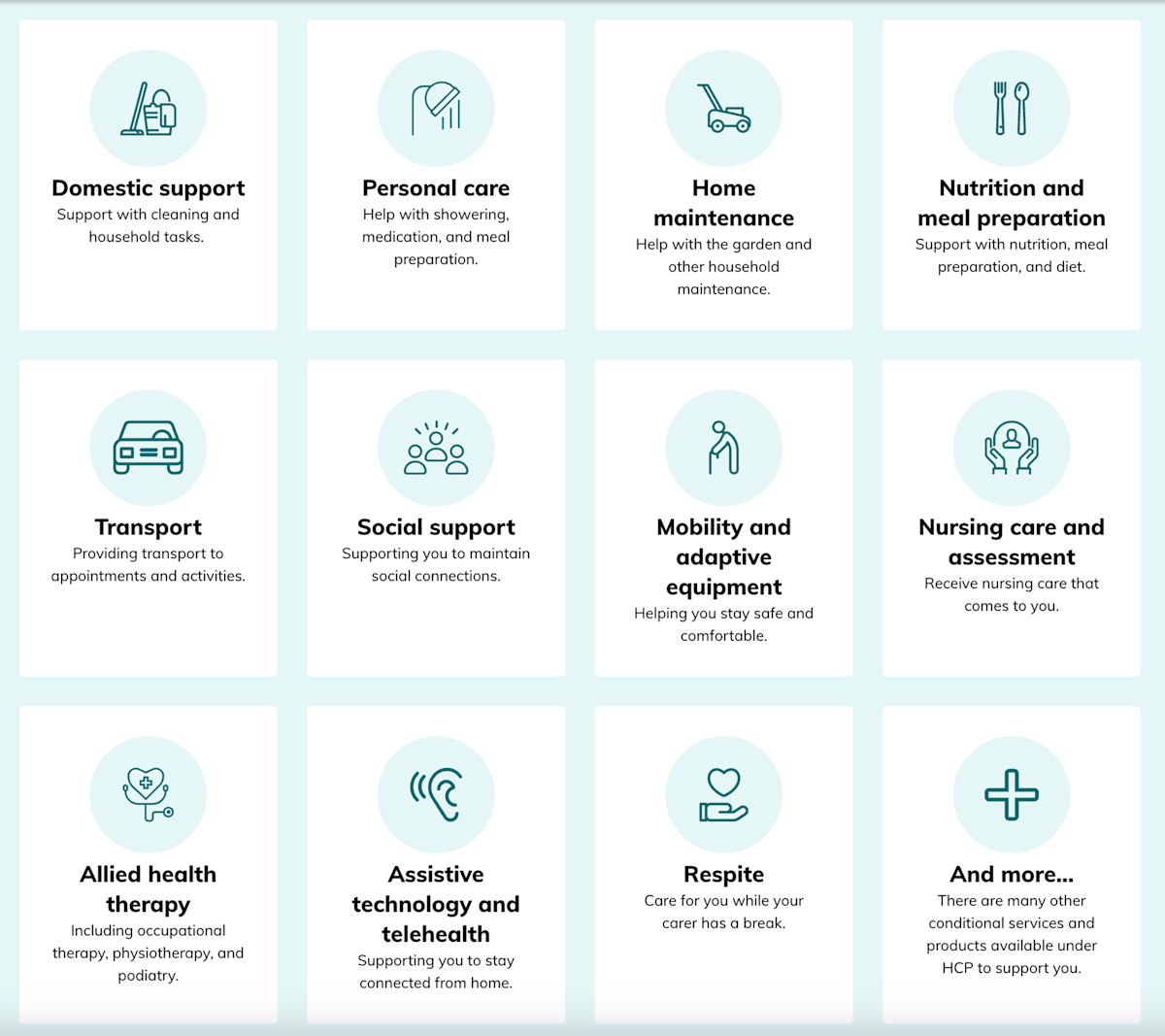The benefits of partnering with home care providers for personalized support
The benefits of partnering with home care providers for personalized support
Blog Article
All Concerning Home Care Providers for Individuals With Disabilities: NDIS Registered Assistance
Home treatment solutions under the NDIS play a critical duty in sustaining people with specials needs. These services are created to improve everyday living through tailored help, ranging from personal like wheelchair support. Recognizing how to navigate these choices can be intricate. This overview explores the various facets of NDIS home treatment, from available services to the option of providers, highlighting vital factors to consider for those looking for assistance. The journey towards equipped treatment starts right here.
Comprehending the NDIS and Its Function
The National Special Needs Insurance Coverage Plan (NDIS) acts as a transformative framework designed to give support and services for individuals with impairments. Developed to boost the lifestyle and warranty equitable access to necessary resources, the NDIS encourages individuals by supplying customized plans tailored to their one-of-a-kind demands. It aims to promote freedom, allowing individuals to seek their personal objectives and aspirations.Through an organized method, the NDIS allocates financing for various assistances, consisting of education and learning, employment aid, and neighborhood involvement. This all-encompassing plan not only concentrates on prompt care however likewise emphasizes lasting developing end results. By promoting choice and control, the NDIS motivates individuals to choose their recommended provider, ensuring that treatment aligns with their worths and preferences. Inevitably, the NDIS represents a significant commitment to enhancing the lives of people with disabilities, cultivating inclusivity, and building a more encouraging culture.
Kinds of Home Treatment Services Available
Various sorts of home treatment services deal with people with handicaps, mainly concentrating on personal care help and respite treatment alternatives. Individual care support provides essential assistance with daily activities, while reprieve treatment uses momentary alleviation for primary caregivers. Understanding these services is vital for making certain the health of both people with handicaps and their families.
Personal Care Help
While steering day-to-day life can present obstacles for people with disabilities, personal care assistance uses necessary support tailored to their special demands. This sort of home care service encompasses a variety of activities developed to promote freedom and enhance high quality of life. Individual care aides assist with everyday jobs such as showering, clothing, brushing, and toileting, making sure people maintain individual health and convenience. They may likewise aid with dish preparation, drug administration, and flexibility assistance. By giving personalized care, these professionals empower individuals to involve more totally in their social activities and daily regimens. On the whole, individual care support plays a substantial duty in fostering dignity and autonomy for those with handicaps, permitting them to grow in their home setting.

Respite Treatment Options
Break care functions as an essential source for households and caregivers of individuals with specials needs, providing short-term remedy for the demands of day-to-day caregiving. This kind of service can take various forms, consisting of at home break care, where qualified experts visit the home to aid with care jobs. Additionally, family members may choose for facility-based break care, where people get care in a specialized environment, allowing caretakers to pause. Furthermore, some organizations supply emergency situation reprieve services for unanticipated conditions. These alternatives not just aid minimize caregiver tension but likewise promote the health of people with handicaps by providing them brand-new experiences and social interaction. In general, break care plays a crucial duty in sustaining both caregivers and those they take care of.

Exactly How to Access NDIS Home Treatment Services
Accessing NDIS home care solutions entails understanding the qualification standards stated by the National Disability Insurance Coverage System. Individuals have to browse a structured application procedure to protect the essential assistance tailored to their requirements. This section will clarify both the eligibility needs and the actions involved in requesting solutions.
Qualification Requirements Clarified
To receive NDIS home care solutions, people must fulfill particular eligibility requirements that analyze their demands and circumstances. Applicants have to be aged in between 7 and 65 years and have a permanent and significant special needs that influences their capacity to perform everyday tasks. Additionally, they must be an Australian citizen, a long-term citizen, or hold a Protected Unique Category Visa. The NDIS requires evidence of the impairment, commonly through medical evaluations or reports. Furthermore, individuals should demonstrate that they call for support to take part in social and economic life. These criteria guarantee that solutions are guided towards those who really need assistance, advertising freedom and enhanced high quality of life for individuals with handicaps.
Application Refine Actions
Can I Pick My Very Own Assistance Workers Via NDIS?
The individual inquired whether they might choose their own support workers under the NDIS structure. Normally, participants have the versatility to choose assistance employees, fostering customized treatment that aligns with their particular demands and preferences.
What Occurs if My Requirements Change After Obtaining Support?
If a person's needs modification after receiving assistance, they must connect these changes to their company. Modifications can be made to the treatment plan, making sure that the support continues to be pertinent and reliable for their situations.

Exist Limits on The Amount Of Hours of Care I Can Get?
The individual asked about potential restrictions on the number of treatment hours received. Generally, such limits might exist based upon certain policies or moneying plans, emphasizing the importance of examining guidelines and contracts routinely.
Can I Utilize NDIS Funding for Home Alterations?
The concern of utilizing financing for home adjustments emerges often. Generally, individuals may utilize NDIS financing for essential modifications to their homes, ensuring ease of access and safety, contingent upon conference details qualification criteria and guidelines.
Just how Do I Deal with Issues About My Home Care Solutions?
To deal with issues concerning home treatment solutions, people need to initially document their worries. They can communicate straight with discover here their service company, seeking resolution, or rise the issue to appropriate oversight bodies if essential. Home care solutions under the NDIS play a critical role in sustaining individuals with handicaps. Different types of home care services provide to people with impairments, primarily focusing on personal care help and reprieve treatment alternatives. home care package providers. Personal treatment assistance gives important support with daily activities, while reprieve care offers short-lived relief for main caregivers. Households might choose for facility-based respite care, where individuals receive treatment in a specific atmosphere, enabling caregivers to take a break. How can family members properly manage the economic aspects of home treatment services for people with specials needs?
Report this page